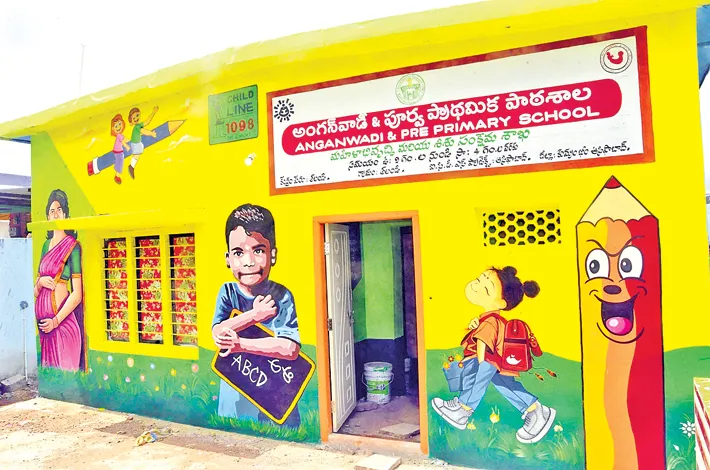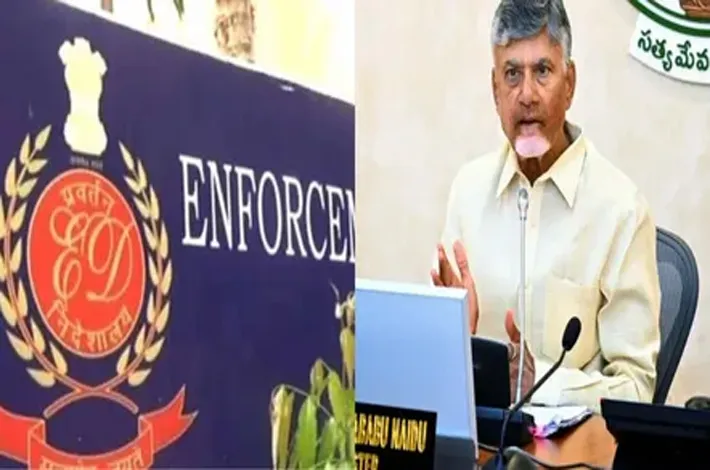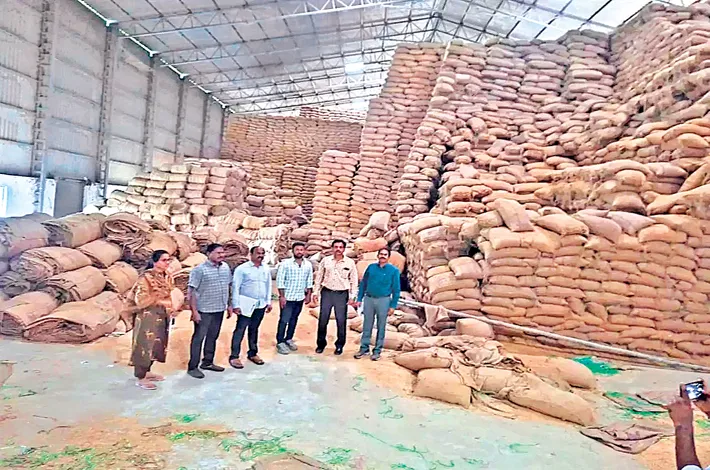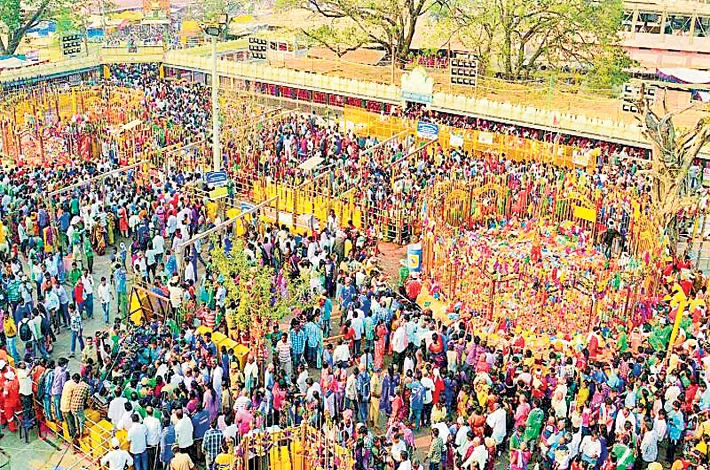AP rolls out pre-primary classes in govt schools
01-08-2025 12:00:00 AM

■ In select government schools, anganwadis are attached for seamless education
■ 1,000 government schools have been identified across Andhra Pradesh for this initiative
■ In the first phase, 210 schools have already begun offering pre-primary classes
kiranmai tutika I hyderabad
In a major stride toward strengthening foundational education and bridging the learning gap between private and public schooling, the Andhra Pradesh government has announced the introduction of pre-primary classes in government schools across the state. This move is especially focused on municipal and urban areas, where private schools have long dominated early childhood education through pre-primary programs.
In fact, for a very long time, children enrolled in government schools would begin their formal education from Class 1, often missing out on the crucial foundational years of learning that children in private institutions receive through LKG and UKG. Recognizing the importance of early childhood care and education, the state has now decided to attach Anganwadi centres to selected government schools to create a seamless educational environment starting from age 3.
As per government data, 1,000 government schools have been identified across Andhra Pradesh for this initiative. In the first phase, 210 schools have already begun offering pre-primary classes. Now, approval has been granted for another 790 schools to initiate similar programs. The entire implementation process is being coordinated under the supervision of District Collectors, ensuring decentralized execution and close monitoring.
To ensure quality instruction and care, the government has outlined specific eligibility criteria for appointing pre-primary teachers and caretakers. Teachers must have completed Intermediate education and preference will be given to those who have undergone a Pre-Primary Education Course. Caretakers, on the other hand, must have at least 7th standard education. These staff members will be employed on a 10-month contractual basis, aligned with the academic calendar.
The recruitment process prioritizes local candidates to ensure community involvement and easier integration with the school environment. If suitable candidates are not available in the same village or urban ward, the search will extend to the broader mandal level.
This initiative is grounded in the objectives of the National Education Policy (NEP) 2020, which emphasizes the need for strong early childhood education between the ages of 3 to 6. The policy outlines that early cognitive, emotional, and motor skill development is critical for long-term academic success.
“It is a good decision taken by the government which is due for decades, and such a move could increase enrolment in government schools, reduce dropouts in later years, and significantly enhance learning outcomes. It also marks a shift toward treating early education not as a privilege but as a public right, accessible to all sections of society,” said S. Parimi, Educationalist. The rollout of pre-primary classes in government schools signals a broader vision, to transform the state's public education system, starting with the youngest learners.








